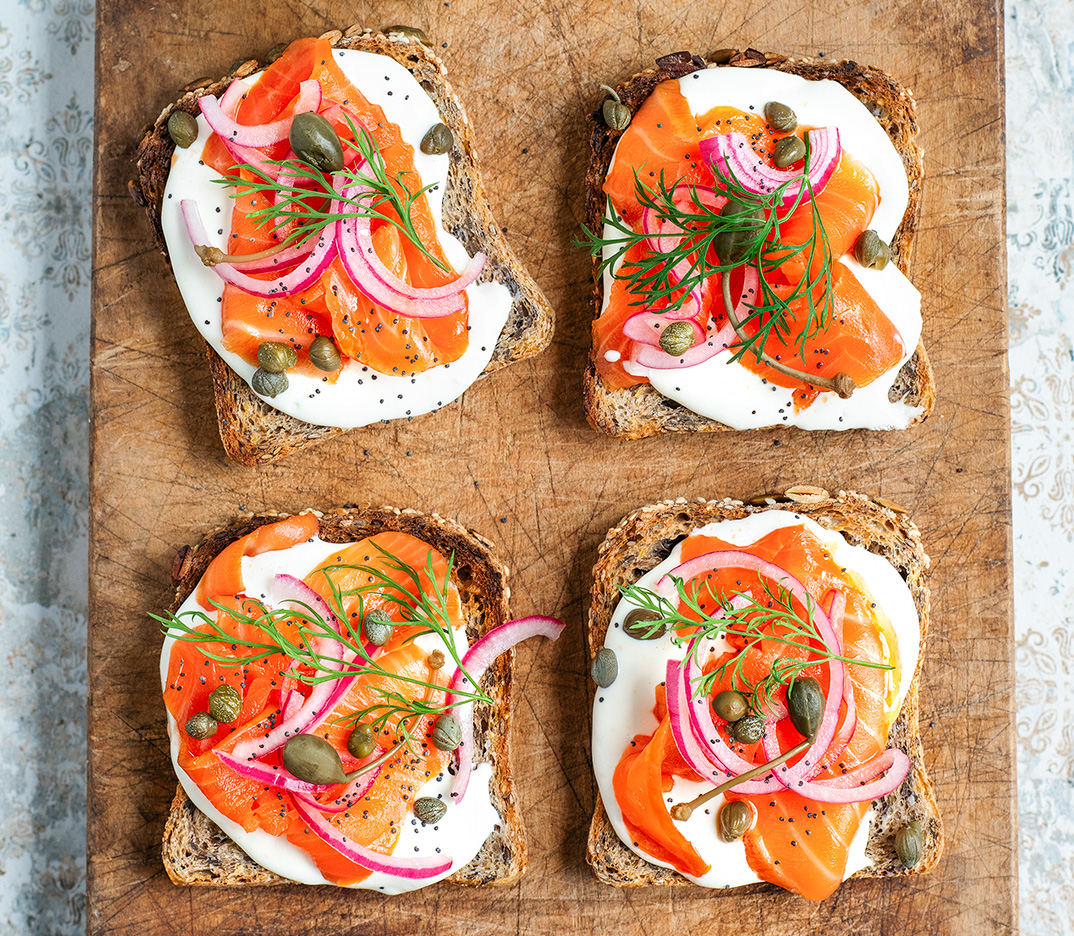Strengthening our immunity keeps us well, writes Good‘s nutrition columnist Ben Warren. He shares how we can do so.
With winter upon us now’s the time to make sure your immune system is in ‘shipshape’ condition. At the BePure Clinics we see a lot of people with immune dysfunction, from overactive immune systems expressing as autoimmunity; to, weak, tired immune systems that leave the person fatigued and fighting a persistent virus.
Having a strong, healthy immune system helps keep winter colds and viruses at bay. Let’s look at what it means to have a strong immune system:
I look at the immune system as if it’s an army, and just like an army it’s got a lot of different personnel (immune molecules), from infantry (Neutrophils), to SAS soldiers (T-Cells). It’s even got big guns like tanks (eosinophils) and really big immune molecules like basophills. The effectiveness of the army to stop an invader is a complex interplay between all aspects. There are a number of factors that influence how effective your immune system is, the main two being:
1. Are you fighting wars on multiple fronts and/or
2. Do you have enough raw materials to build adequate immune molecules?
Are you fighting wars on multiple fronts?
Around 70 per cent of our humeral immune system (the part of the immune system that protects us from the outside world) is located in the gut. The reason most of our humeral immune system is located in the gut is that the easiest way to get a pathogen into your body is to eat it! One of the keys to a healthy gut is a balanced bacterial biota. Our immune system is fully integrated with the millions of bacteria within our gut and if these bacteria (and yeasts) get out of balance it can increase the load on our immune system.
This is one reason why minimising sugar in the diet is so important, as suger tends to feed the unfriendly bacteria and yeasts that may be living in your intestines, meaning they can grow and overtake the good bacteria. Your body then has to use a lot more immune resources to keep these unfriendly strains under control. It’s for this same reason that eating probiotic foods that contain beneficial bacteria is extremely useful for supporting your immune system. Eat fermented foods on a daily basis: sauerkraut, kefir, kimchi, kombucha and yoghurts; these foods provide a good supply of beneficial bacteria.
Do you have enough raw materials to build immune molecules?
It’s important to make sure we have enough of the co-factors our body needs to build immune molecules. Co-factors are most often vitamins and minerals that are used on the immune molecule ‘production line’. One of the most important is vitamin C. Vitamin C increases the number of all IGG, IGA and IGM immune molecules in your blood, helping your immune system fight on all fronts. Unfortunately our bodies don’t make vitamin C so we must rely on our diet to supply it. The best food sources are kiwifruit and citrus, but any fresh fruit or vegetable is going to be a nice supply of vitamin C. Unfortunately, vitamin C doesn’t hang around in the body for long, the average half-life in the body is about 6 hours, that’s why it’s so important to eat fresh fruit and vegetables throughout the day to help maintain our vitamin C levels for optimal immune function.
Other super foods to support your immune system include oysters for zinc, sardines for vitamin D, liver for active vitamin A and citrus again for bioflavonoids.
So, there’s plenty you can do to maintain a healthy immune system, giving you the best chance of avoiding winter illesses like colds and the flu this season.
Ben Warren is a nutrition and holistic health expert. Visit bepure.co.nz





